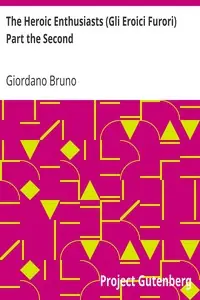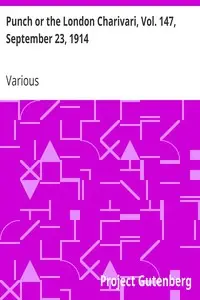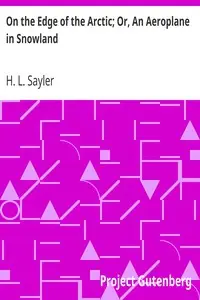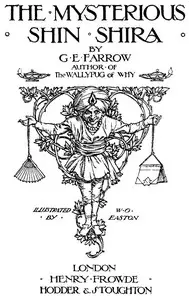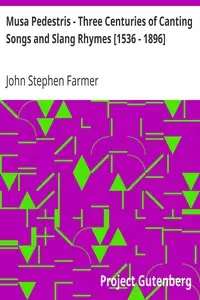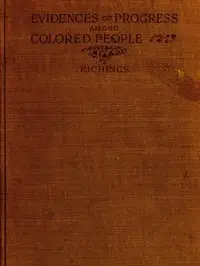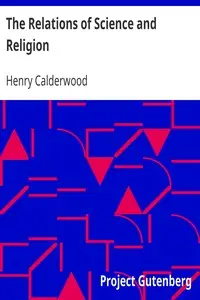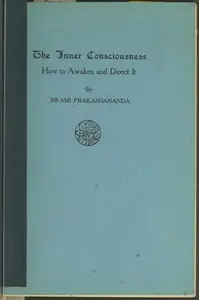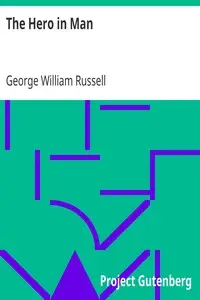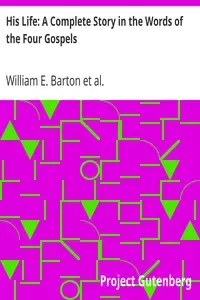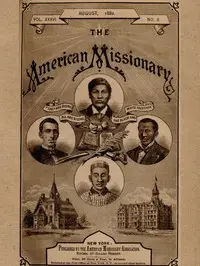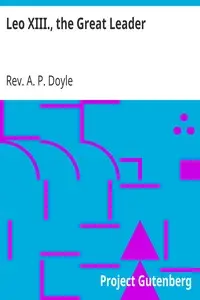"The Heroic Enthusiasts (Gli Eroici Furori) Part the First" by Giordano Bruno is an ethical poem written in the late 16th century. The work delves into profound philosophical and moral themes, largely influenced by the Renaissance's humanist ideals. Bruno presents the concept of heroism through the lens of intellectual and spiritual exaltation, exploring the nature of love, knowledge, and passion, with the protagonist representing the fervor of thought and existential struggle. The opening of the text establishes a dialogue between the characters Tansillo and Cicada, where various definitions and aspects of poetry are examined. Tansillo articulates the distinction between true poetry and mere versification, considering the inspiration of the Muses as essential to genuine creativity. This philosophical discourse is interwoven with the exploration of love's complexities, wherein emotional turmoil and desire are depicted as both agonizing and ennobling. Bruno sets the stage to discuss the human condition's dualities—pleasure and pain, hope and despair—highlighting the struggle between base instincts and the pursuit of higher knowledge. Overall, the beginning invites readers to reflect on the relationship between human emotions and the quest for understanding the divine and the self. (This is an automatically generated summary.)
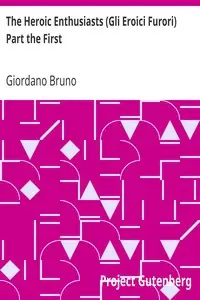
The Heroic Enthusiasts (Gli Eroici Furori) Part the First An Ethical Poem
By Giordano Bruno
"The Heroic Enthusiasts (Gli Eroici Furori) Part the First" by Giordano Bruno is an ethical poem written in the late 16th century. The work delves int...
Giordano Bruno was an Italian philosopher, poet, alchemist, astrologer, cosmological theorist, and esotericist. He is known for his cosmological theories, which conceptually extended to include the then-novel Copernican model. He practiced Hermeticism and gave a mystical stance to exploring the universe. He proposed that the stars were distant suns surrounded by their own planets (exoplanets), and he raised the possibility that these planets might foster life of their own, a cosmological position known as cosmic pluralism. He also insisted that the universe is infinite and could have no center.


